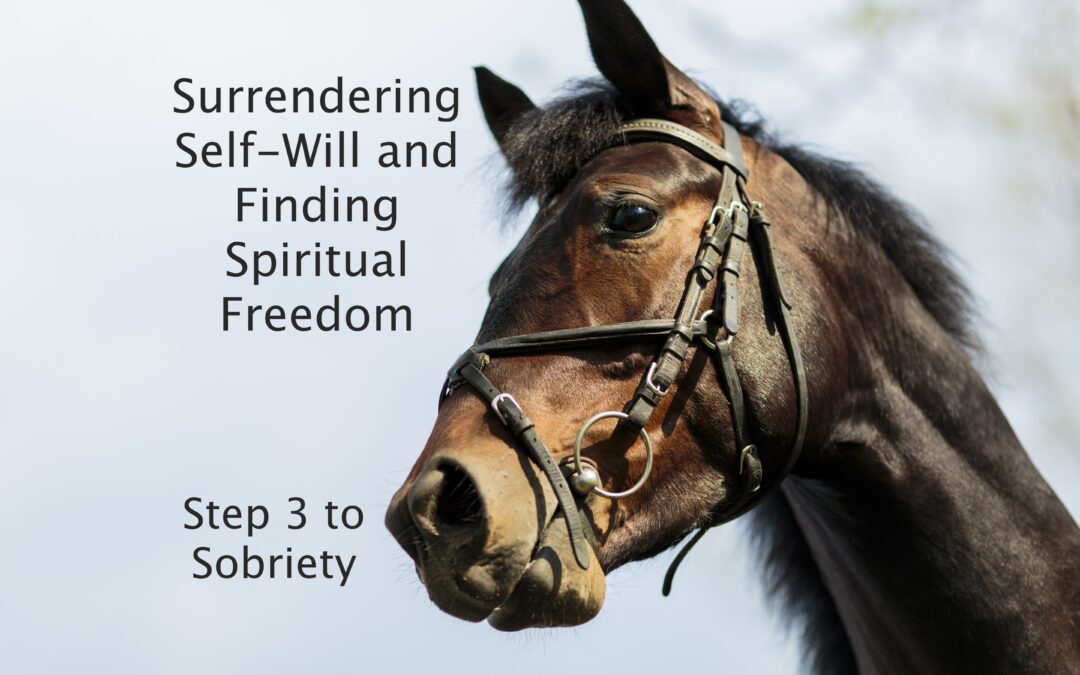“Made a decision to turn our will and our lives over to the care of God as we understood Him.” – A.A.
In The Gifts of Imperfection, Brené Brown writes that our first response to pain is often self-protection. We shield ourselves by blaming others, turning to judgment, or rushing into “fix-it” mode (p. 16). Later in her book, she also describes how alcohol can become a numbing agent, used to dull the ache we don’t want to feel.
I have yet to meet an alcoholic who is not in pain. Sometimes that pain is physical, but more often, it is emotional. In therapy, I encourage my clients to find the courage to share that pain with me. This is a vital step on the road to recovery.
This pain may come from grief, fear, trauma, guilt, shame, stress, anxiety, depression, PTSD, broken relationships, low self-esteem, or other wounds that cut deep.
My work is to help an alcoholic face that pain—not to run from it but to lean into it. That takes courage.
Brown reminds us that the original meaning of courage is “to speak one’s mind by telling all one’s heart” (p. 12). Developing a relationship with a counselor is, at its core, about building trust. It means saying out loud the things you have hidden for years—the secrets that weigh on your soul. It is confessing what you have done, thought about doing, or still believe about yourself. This is the path to self-discovery.
The alcoholic longs to understand why he or she keeps doing the very thing they hate.
So how does this relate to Step Three of Alcoholics Anonymous: “Made a decision to turn our will and our lives over to the care of God as we understood Him”?
Those who embrace the Twelve Steps soon discover that the journey is spiritual. For many, this comes as a surprise. The alcoholic has lived life according to his or her own will, often for years. The idea of submitting one’s life to the will of a Higher Power is foreign—not just to alcoholics, but to most people. It takes time to understand.
Complicating this, many alcoholics are not on the best terms with God. Some doubt His care. Some are angry with Him. Others believe in God but carry deep shame, feeling they have no right to bother Him with their brokenness.
Step Three does not demand perfection or even full understanding. It invites humility—the willingness to learn what it means to surrender our will to God’s will. This is no easy step. Trust takes time. Surrender is rarely instant. In truth, it is a lifelong journey.
Yet for the twelve-step process to take root, Steps Four through Twelve must be built on this foundation.
The psalmist wrote:
“Do not be like the horse or the mule, which have no understanding but must be controlled by bit and bridle or they will not come to you. Many sorrows come to the wicked, but unfailing love surrounds those who trust the Lord. So rejoice in the Lord and be glad, all you who obey him; shout for joy, all you whose hearts are pure!”
(Psalm 32:9–11, NIV)
We must willingly submit to what God wants for us—like a horse that submits to the bit and bridle—because if we resist, the pain we are trying to avoid will eventually overtake us. The deepest joy comes when we surrender our will to His.
Another metaphor for Step Three is found in Matthew 11:29, where Jesus says:
“Take my yoke upon you and learn from me, for I am gentle and humble in heart, and you will find rest for your souls.”
Jesus invites us to trade the heavy burden of self-will for the lighter yoke of God’s will. This does not mean life will be easy or free of struggle. But a life lived only for self eventually implodes. The alcoholic learns that the Spirit of God can free us from a self-imposed prison of going our own way.
Step Three Is About:
-
Surrender – Letting Go of Self-Will.
Admitting you cannot do this alone. -
Stopping Destructive Behavior.
Learning new patterns of humility, gentleness, and trust. -
Spiritual Direction.
Turning your will and your life over to God relieves the crushing weight of guilt, fear, shame, and control. Life’s challenges will remain, but you will no longer carry them alone. This is where true rest for the soul begins.
This blog is the third in a series on the Twelve Steps of Alcoholics Anonymous. The second blog can be found here: https://johnmichaelhelms.com/step-two-to-sobriety/

